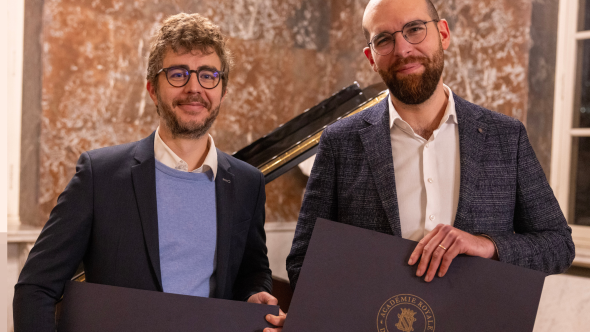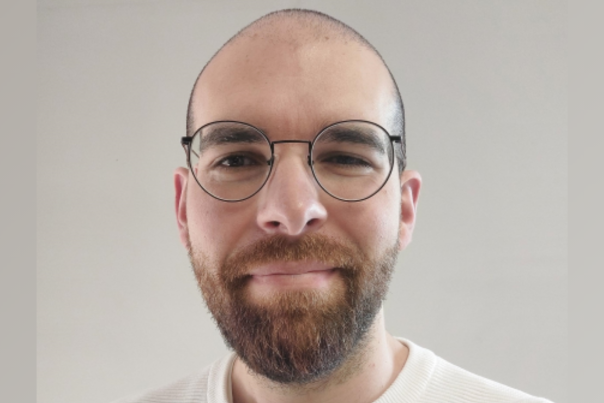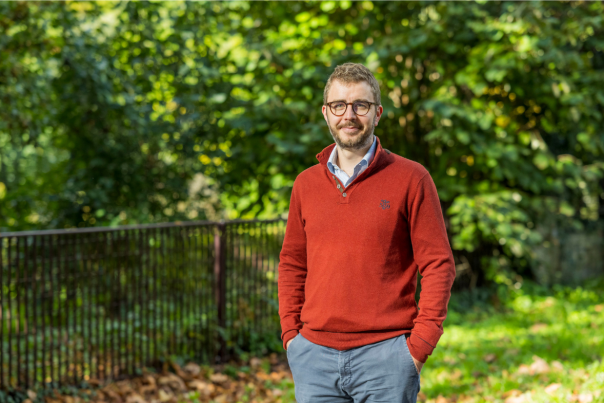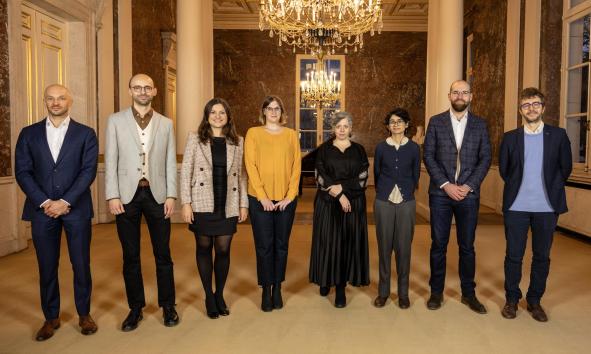"For 5 years, I'll be part of the Collegium of the Royal Academy of Belgium, and also of the "Technology and Society" class. My participation will enable me to contribute my vision and interdisciplinary expertise on digital transformation. During this mandate, I will be able to participate in the Academy's various work concerning its knowledge dissemination events such as its colloquia or scientific valorization (prizes, competitions, grants)", explains Anthony Simonofski.
One of the missions he hopes to accomplish as part of his mandate is to exchange on digital issues through an interdisciplinary approach. "Today's digital challenges require an interdisciplinary approach, combining IT, managerial, legal, sociological perspectives and much more. The 'Technology and Society' class will enable these exchanges to elaborate constructive reflections for a harmonious integration of digital in our society," he emphasizes. He will also make his expertise in digital transformation available. "It presents a whole series of new challenges such as inclusion, adoption or the necessary participation of citizens. So I'd like to make my research in this area available, and perhaps even encourage the Academy itself to enter into a more participatory approach towards citizens via digital channels," Anthony Simonofski points out.
Author of the podcast "Pop-Code" about digital education, which he is producing with his colleague Benoit Vanderose (Faculté informatique- UNamur), Anthony SIMONOFSKI also defends the concept of art as a vehicle for popularizing science. "At the Collegium, I want to work to make digital research accessible and engaging, by initiating collaborative projects that combine scientific rigor and artistic innovation to reach a wider and more diverse audience." Finally, by becoming a member of the Collegium, Anthony Simonofski will ensure representation of UNamur's expertise on digital, notably by relaying the interdisciplinary vision of the Namur Digital Institute and the EMCP Faculty.



